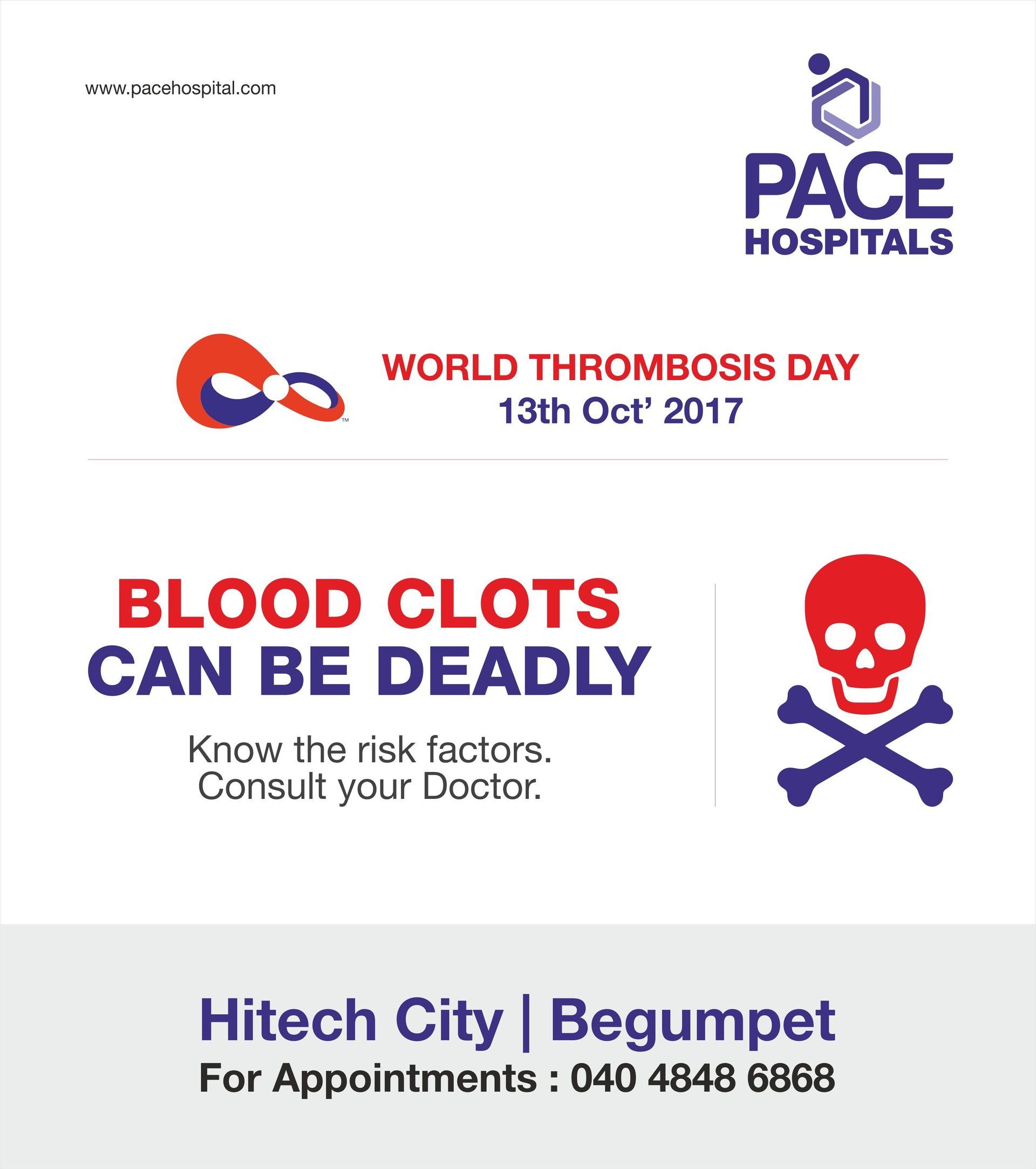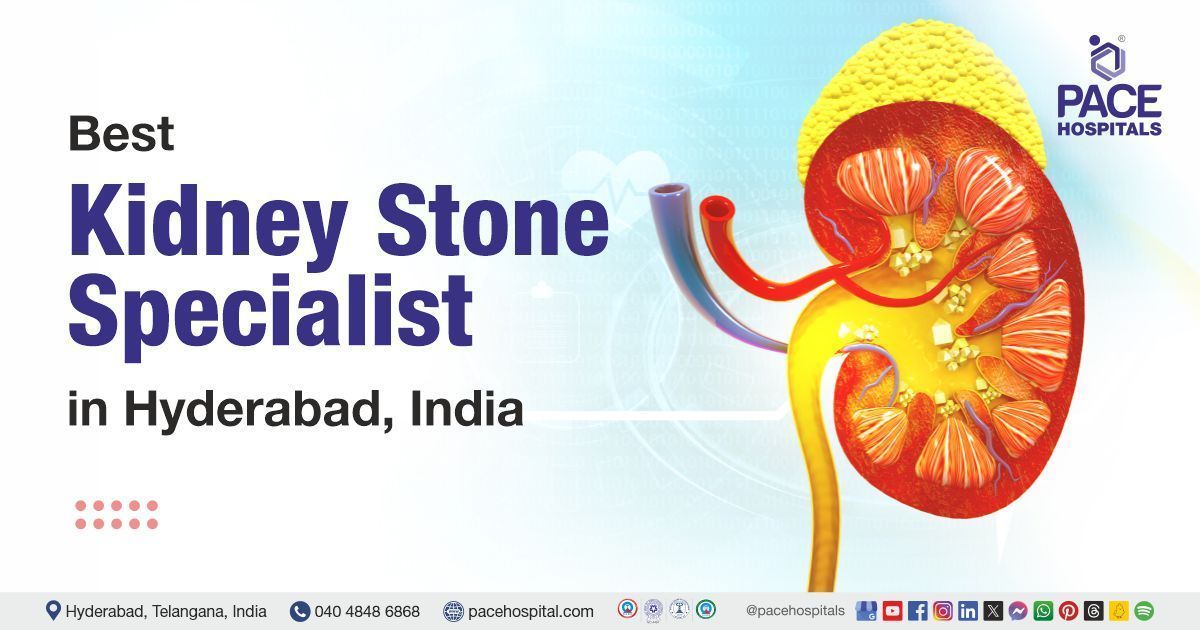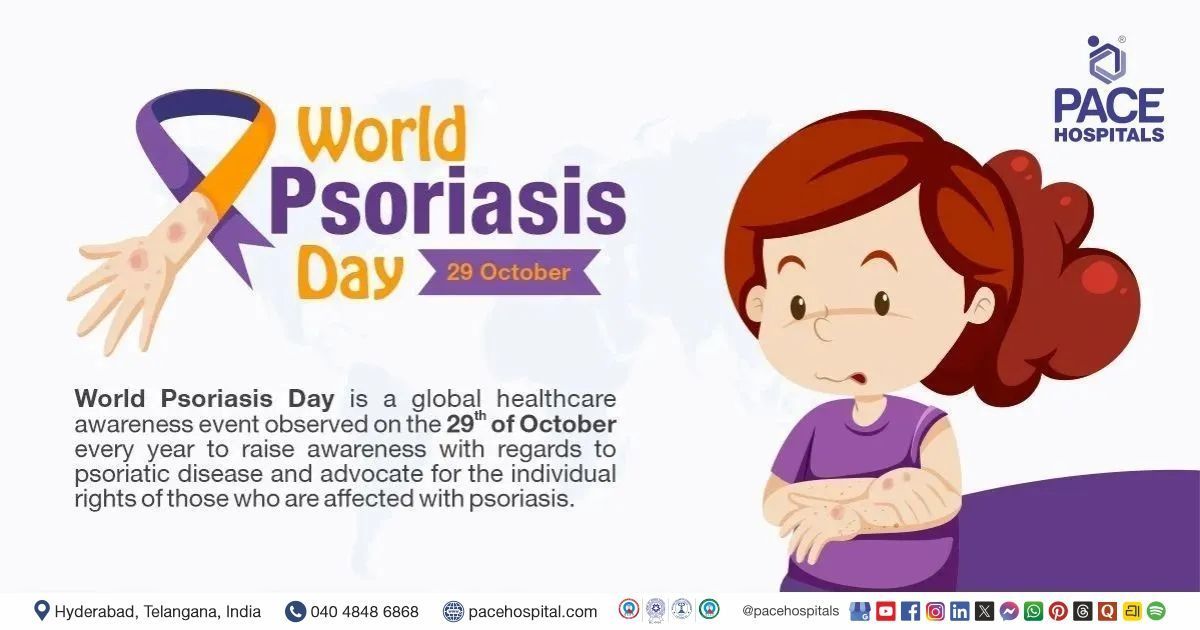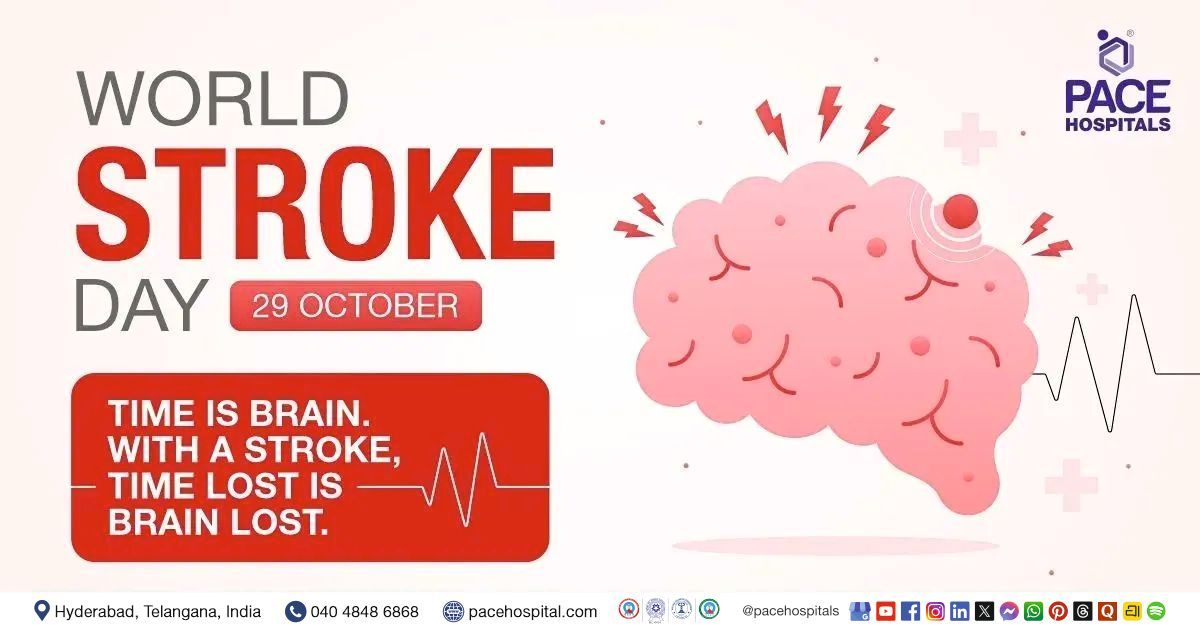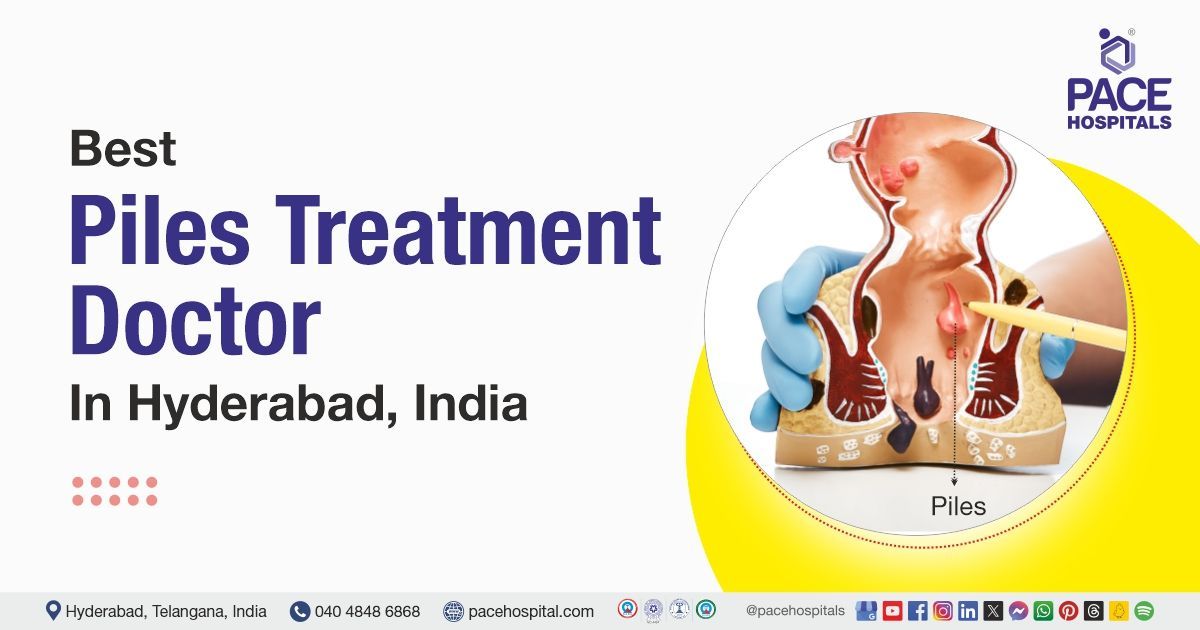Blood clots can be deadly
Know the Risk Factors of Thrombosis and Consult Doctor.
Thrombosis is a serious condition that occurs when a blood clot forms in a vein. Other names for this condition include thromboembolism, post-thrombotic syndrome, and post-phlebitic syndrome.
---------------------------------------------
Risk factors for thrombosis?
---------------------------------------------
Certain conditions that alter how your blood moves through your veins can raise your risk of developing clots. These include:
- having an injury that damages your veins
- being overweight, which puts more pressure on the veins in your legs and pelvis
- having a family history of thrombosis
- having a catheter placed in a vein
- taking birth control pills or undergoing hormone therapy
- smoking (especially heavy)
- staying seated for a long time while you’re in a car or on a plane, especially if you already have at least one other risk factor
Some diseases and disorders can increase your risk of having blood clots. These include hereditary blood clotting disorders, especially when you have at least one other risk factor. Cancer and inflammatory bowel disease can also increase the risk of developing a blood clot. Heart failure, a condition that makes it more difficult for your heart to pump blood, also occurs with an increased risk of clots.
Surgery: Thrombosis is a major risk associated with surgery. This is especially true if you’re having a surgery in the lower extremities, such as joint replacement surgery. Your doctor will discuss the risk of Thrombosis if you need joint replacement surgery.
Pregnancy: Being pregnant increases your risk of Thrombosis. Increased hormone levels, and a slower blood flow as your uterus expands and restricts blood flowing back from your lower extremities, contribute to this risk. This elevated risk continues until about six weeks after giving birth. Being on bed rest or having a C-section also increases your risk of having Thrombosis.
---------------------------------------------
Symptoms of thrombosis?
---------------------------------------------
Common symptoms include:
- swelling in your foot, ankle, or leg, usually on one side
- cramping pain in your affected leg that usually begins in your calf
- severe, unexplained pain in your foot and ankle
- an area of skin that feels warmer than the skin on the surrounding areas
- skin over the affected area turning pale or a reddish or bluish color
People may not find out that they have thrombosis until they’ve gone through emergency treatment for a pulmonary embolism. A pulmonary embolism is a life-threatening complication ofthrombosisin which an artery in the lung becomes blocked.
---------------------------------------------
Treatment options for thrombosis?
---------------------------------------------
Treatment will attempt to prevent a pulmonary embolism and lower your risk of having more clots.
- Medication: doctor might prescribe medications that thin your blood
- Compression stockings: Wearing compression stockings can prevent swelling and lower your chance of developing clots. They reach just below your knee or right above it.
- Filters: You might need to have a filter put inside the large abdominal vein, it helps prevent pulmonary embolisms by stopping clots from entering your lungs.
---------------------------------------------
Complications associated with thrombosis?
---------------------------------------------
You can develop a pulmonary embolism if a blood clot moves to your lungs and blocks a blood vessel. This can cause serious damage to your lungs and other parts of your body. You should get immediate medical help if you have signs of a pulmonary embolism. These signs include:
- rapid breathing
- dizziness
- rapid heart rate
- sweating
- coughing up blood
- chest pain that gets worse with coughing or inhaling deeply
Share on
Request an appointment
Fill in the appointment form or call us instantly to book a confirmed appointment with our super specialist at 04048486868


